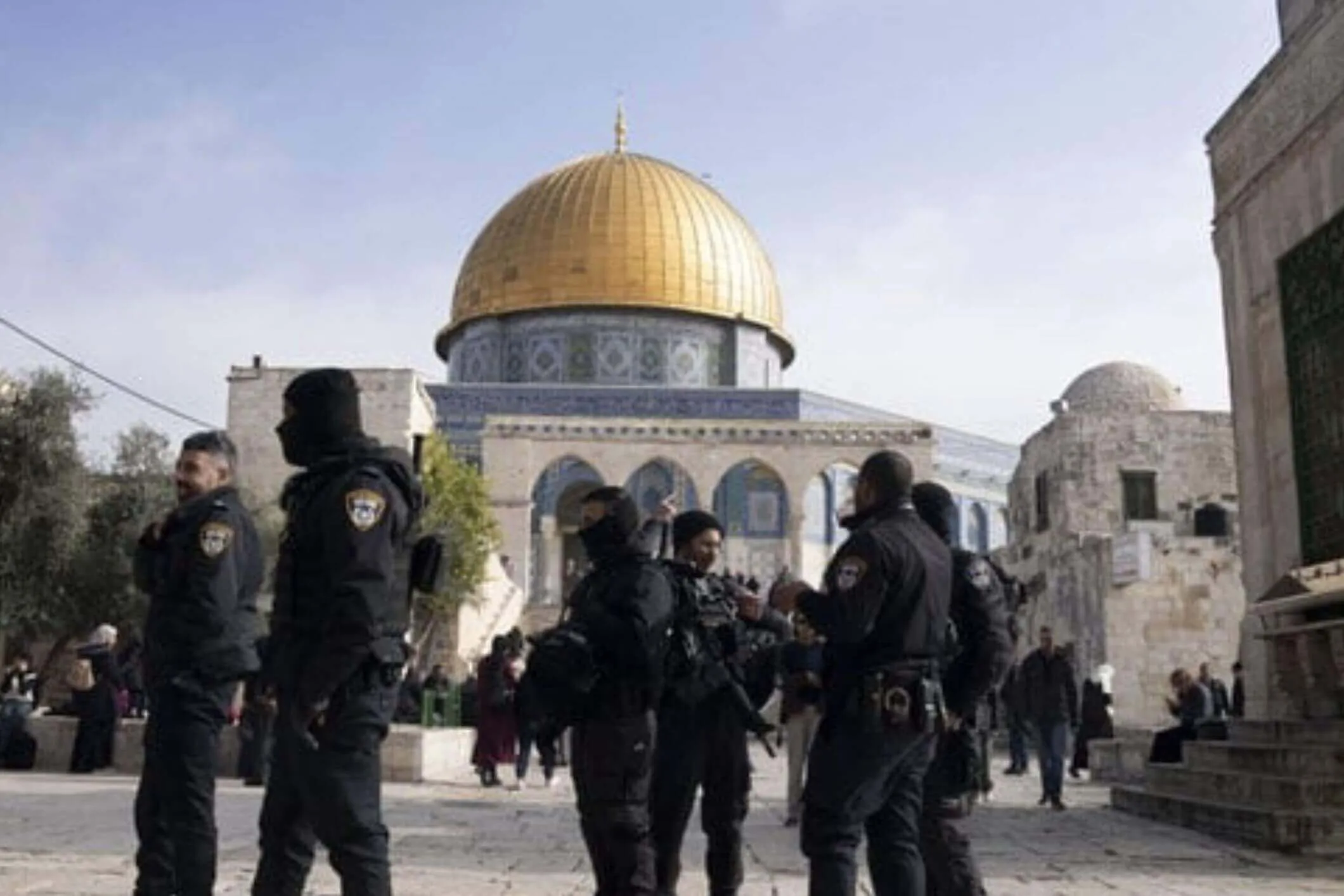
The Palestinians and other Islamic and non-Islamic countries asked for an emergency meeting of the UN Security Council on Thursday to protest an ultranationalist Israeli Cabinet minister’s visit to a flashpoint Jerusalem holy site and to demand an end to Israeli extremist provocation and respect for the historical status quo at the site.
Itamar Ben-Gvir, Israel’s new National Security Minister and a leader of West Bank settlers who is influenced by a racist rabbi, went to a place that Jews call the Temple Mount and Muslims call Al-Haram Al-Sharif, which means “the Noble Sanctuary” in Arabic, on Tuesday. This drew strong criticism from the Muslim world and a strong rebuke from the U.S., and Palestinian militant groups have threatened to act in response.
Riyad Mansour, the Palestinian ambassador to the UN, told reporters on Wednesday that he had met with Arab ambassadors, representatives of the 57-nation Organization of Islamic Cooperation, the 120-member Nonaligned Movement, and others. He said that Ben-visit Gvir’s and the “environment of extremism” around the most extreme government in Israel’s history were both widely condemned.
He accused Israel of “aggression” against Christian graveyards and Muslim holy places like the Aqsa Mosque.
The biblical temples are in Judaism’s holiest place. It houses Islam’s third-holiest site, the Aqsa Mosque. Since 1967, Jews can visit but not praying there.
Mansour, who was surrounded by ambassadors from about 20 countries, said that “we will not be satisfied with beautiful statements” at Thursday’s emergency Security Council meeting, which was also supported by the United Arab Emirates, China, France, and Malta.
He said, “We want them to be put into practice in a real way.” “We don’t want this to happen again in Al Aqsa Mosque and Al-Haram Al-Sharif, and we want a promise that the historic status quo will be honored and respected in deeds, not just in words.”
UN spokesperson Stephane Dujarric said Assistant Secretary-General for Political and Peacebuilding Affairs Khaled Khiare will update the Security Council on Thursday.
Jordan’s UN Ambassador Mahmoud Hmoud said his country, whose monarch King Abdullah II guards Islamic and Christian holy places, is “very concerned” about minister Ben-Gvir and the Israeli government’s intrusion.
“This is the radicalism that pretends to generate a new cycle of violence,” he remarked. The Security Council must prevent such attempts.
“The international community needs to take a strong stand against this because it will happen again, and when it does, a new cycle of violence will start,” he said.
Hmoud said that in September of 2000, Ariel Sharon, who was then the opposition leader in Israel, visited the holy site. This visit helped provoke skirmishes, which ultimately culminated in a full-fledged Palestinian uprising that came to be known as the Second Intifada. The visit by Sharon was criticized by the Security Council, which described it as a “provocation.”
In 2021, Israeli security forces clashed with Palestinian protesters surrounding the site, sparking an 11-day conflict with Hamas.
Last Monday, Benjamin Netanyahu began his sixth term as prime minister, leading the most religious, right-wing administration in Israeli history. It seeks to annex and expand West Bank communities.
Netanyahu declared late Tuesday that Israel will “strictly maintain the status quo” at the location after the Ben-Gvir controversy.
“The argument that the status quo has changed is unfounded,” he stated.
